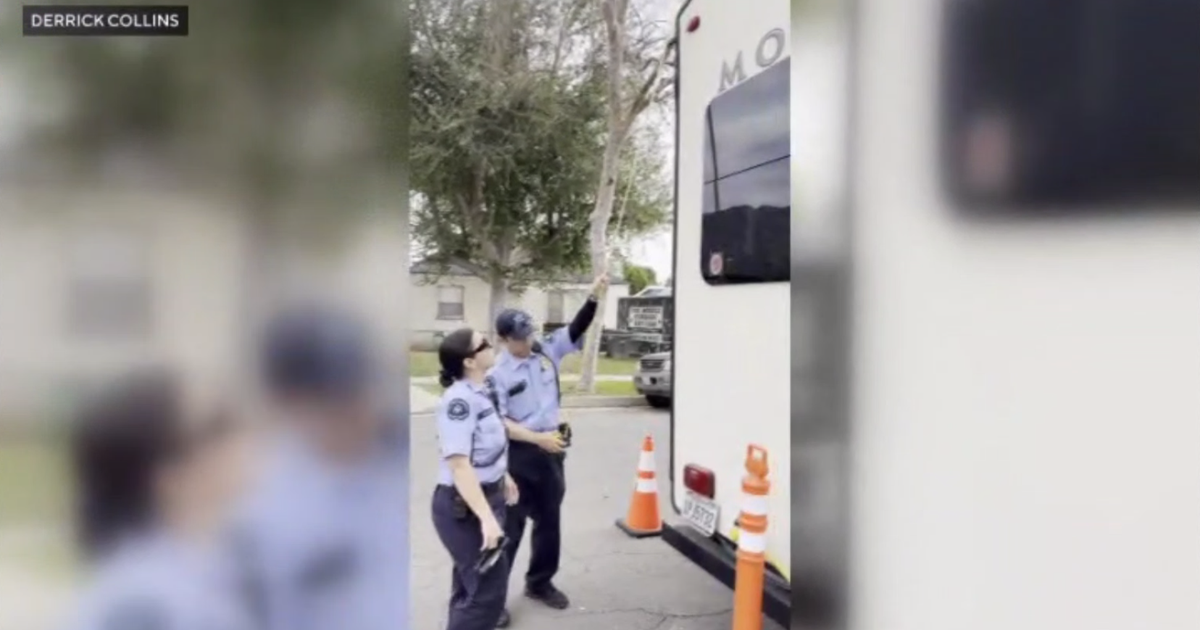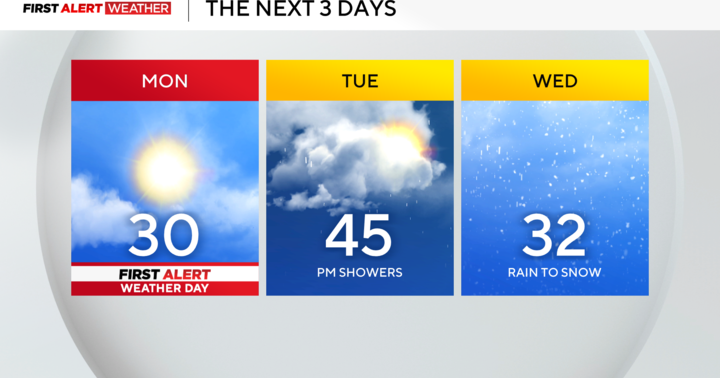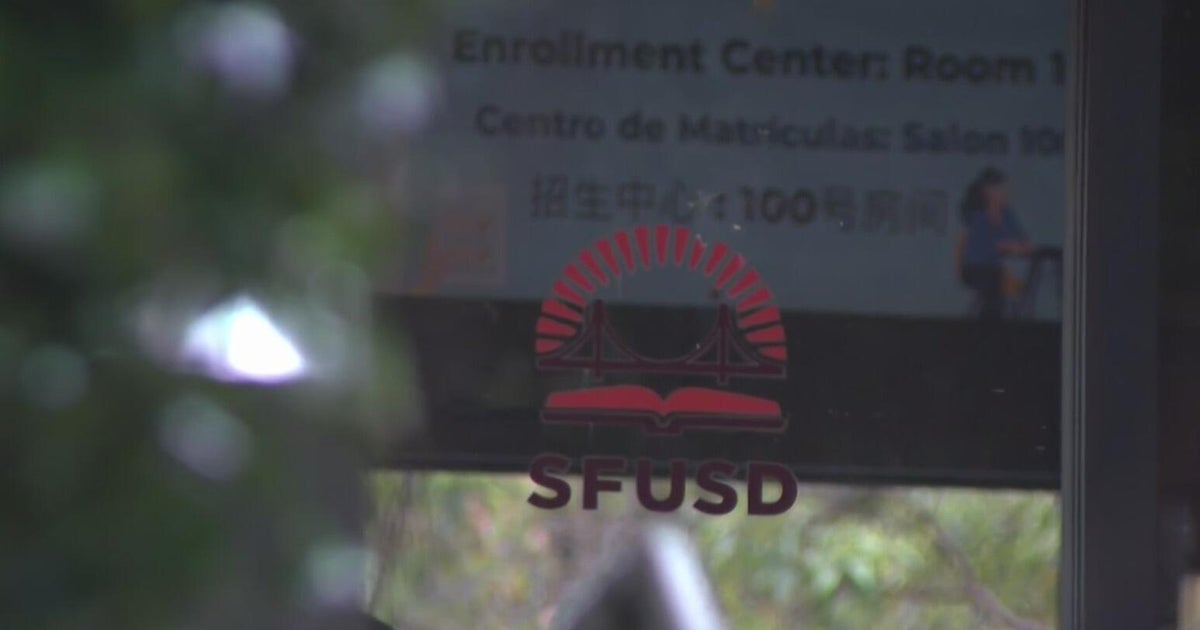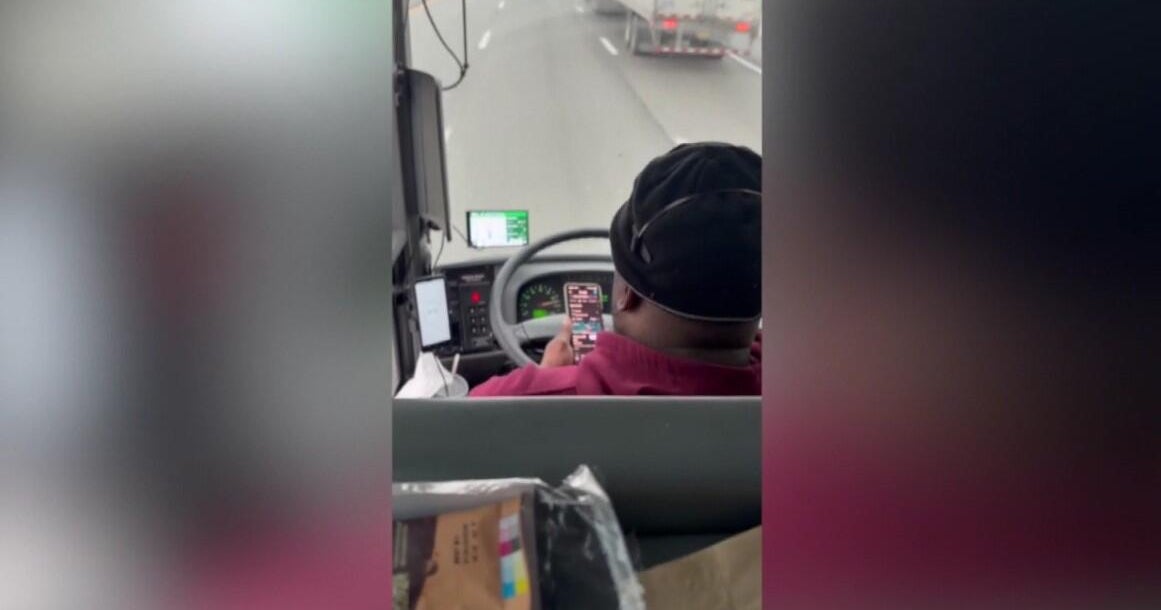Fighting The Switch? The Smart Meter Controversy
MIAMI (CBSMiami) - Susan Blake said it started with a bang, Florida Power and Light employees were outside her house shoving a crowbar into her power meter.
"They were trying to unlock the meter because the meter had a lock on it. And they couldn't do it," Blake said.
They eventually got it off, replacing it with something that looked high-tech. She soon learned it was a smart meter.
"I talk to people every day and they are not aware they have a smart meter. They don't even have a clue," Blake said. If she hadn't heard the commotion that day she wouldn't have known either.
You can think of the smart meter like a cell phone. Your meter now beams energy readings multiple times a day directly to FPL.
Meter readers, that person who visited your house monthly, are history.
Margie Sweezer-Fisher, FPL's Reliability manager of grid automation, showed CBS4 how it works.
In front a of television screen, she worked her way around a map. They could literally see wherever crew was working and every meter is running. Sweezer-Fisher could click on a house and instantly pull-up information on that home including whether the power was on and how much was being used.
"The smart meters will now send that message to us automatically. So as soon as the power goes out, it actually sends us the message and says the power is out at this customer," she explained.
FPL says the technology will restore power faster--perhaps even work to prevent outages. David McDermott, FPL's spokesman added, "Since 2009 we have installed 4.9 million smart meters." That amount is pretty much all of Florida.
By using the new meters FPL can see how much power your using any given week, day, hour. It's so smart, they can predict what next month's bill will be.
"It is fabulous cutting-edge technology that is producing real benefits for our customers," McDermott added.
A customer could actually pull up their bill and see how they use power in detail. Whether they could actually save money with the detailed knowledge remains to be seen.
Blake doesn't feel that it's a benefit for her.
"I just feel that the communication is not a good thing for the environment. It's not a good thing for people's health," Blake told CBS4.
Experts and professors from around the world have raised concerns over the meters—particularly the radio frequencies they use to transmit your data. A list of 50 prominent scientists wrote a letter saying the area needs more study.
To that McDermott fired back, "I can tell you this. There is no credible science that points to a connection between smart meters and adverse health effects." Materials provided by FPL write the radio frequencies off, saying they are substantially lower than a cell phone, TV remote, garage opener.
There is another aspect to smart meters that needs to be considered.
Michael Scheidell, a information technology security consultant, operates Security Privateers. CBS4 asked him if smart meters were safer than the old fashioned ones.
He pondered for a few seconds saying aloud "Is it safer?" He then answers "No." Sure the old meter reader version of things had security issues as well. Scheidell believes technology may pose a greater threat.
"If someone decides there is way to profit from hacking these meters or reading these meters, then they are going to do it." He also said it wouldn't take much to make that hack. "Yeah you can probably buy devices on Amazon.com and buy devices in order to intercept these."
What could someone do with your smart meter info?
Hourly updates on your energy consumption patterns could be quite useful to a thief, Scheidell explained.
"When I go to work, when I come home from work, when I go on vacation," Scheidell said.
McDermott countered that they have the best security in the world.
"Along with all the banks and the credit card companies we have used the best technology to preserve the privacy of customer information," McDermott said. So while FPL says you have nothing to worry about, the hacking community is all over it.
A quick search of YouTube and you'll find a five part series on how to do—and this was done years ago.
No one really knows what hackers are capable of now. Scheidell added, "Automation is something that is going to save us a lot of time and trouble. Allow us to do more. Well the hackers have found a way to do more. There are hackers in Russia who found out how to steal 40 million credit card numbers from Target—and they didn't even have to set foot in America to do it."
Blake isn't taking any chances. If they say it's perfectly safe, isn't it? "They say that it's perfectly safe in their material but a lot of other people say it's not safe." Blake said. For health and security reasons Blake chose to dump the smart meter and get the old school one back.
This Spring FPL told her the choice will cost her. She pulls out a piece of paper with notes scribbled all over it. "This is the letter that they sent out," she said.
Blake, along with 22,000 customers with the old meters, are being asked to pay a $95 enrollment fee and then $13 a month service charge.
"I think it's very unfair," Blake said.
McDermott countered, "In our mind it would not be fair to the fast majority of our customers, the 99.5 percent of our customers who have a smart meter, we would not to require them to pay for that small percentage who have chosen to use an old technology meter."
Again Blake disagrees. "That's the cost of doing business. So if they have to put in a super-sized transformer do they charge the neighborhood, per resident, for that transformer? Because it's a supersized for that area?"
The fees are working for FPL. Eighty-percent of those who received the letter about them have opted for smart meters.
"They do have a choice. They just have to pay for it," McDermott said.
But Blake says she'll pay.
"I'm against the fee altogether. I think it's outrageous."
Blake, along with a number of other FPL customers, has complained to the public service commission, which oversees FPL. It's unclear, however, if they'll do anything about it.
The commission approved the smart meters and the new fees being charged to keep the old meters.
RELATED CONTENT:







